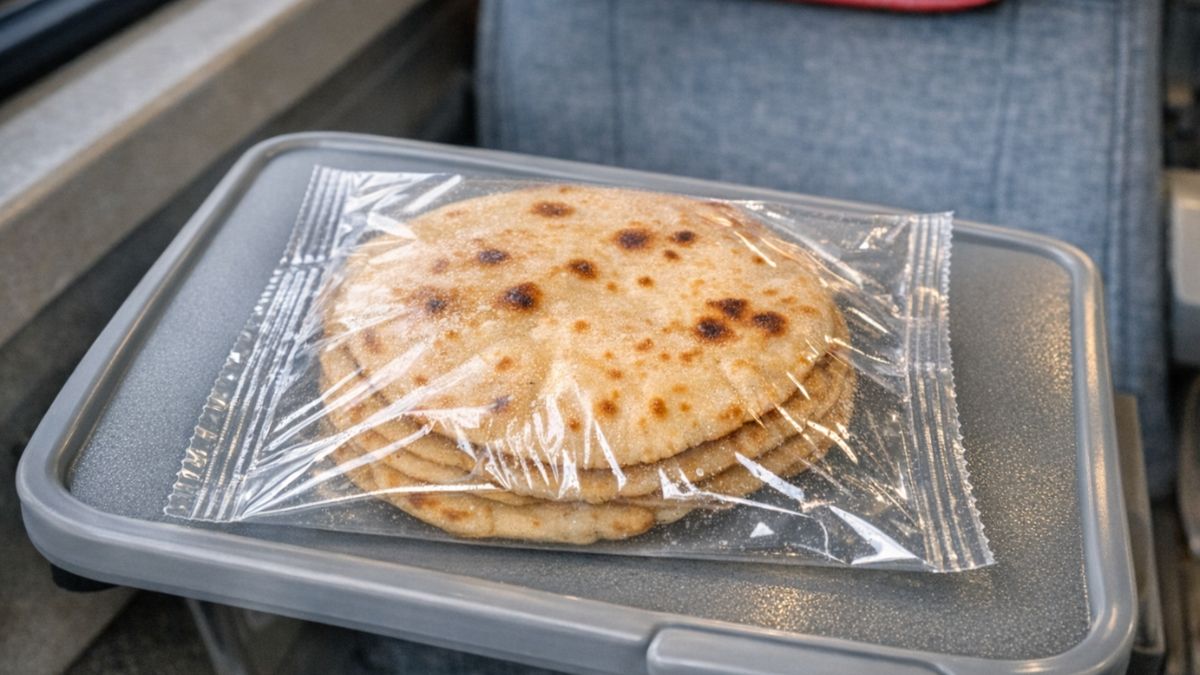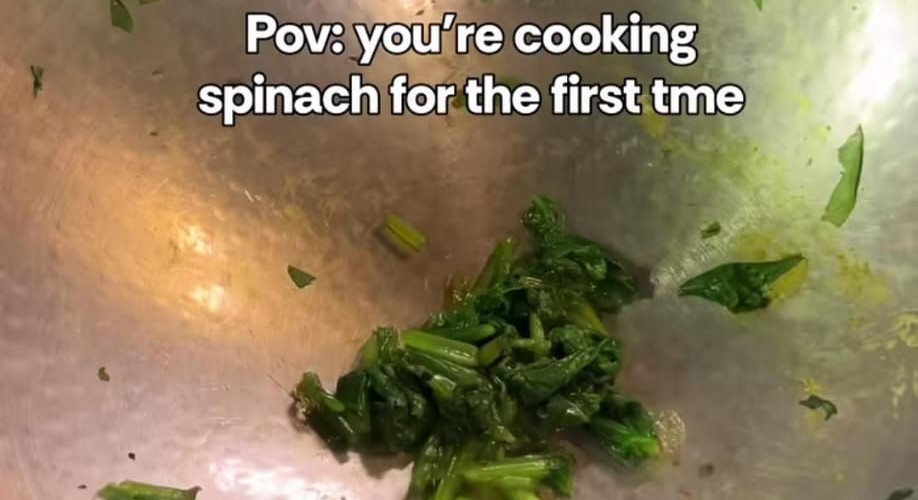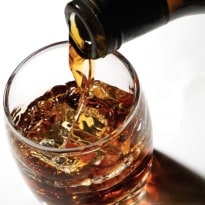Previous studies have established how alcohol can affect the functions of the brain but a few scientists have now uncovered how alcohol disturbs the tear-film that covers the surface of the eyes, leading to deterioration of vision. Drunk driving has been one of the major issues that several countries have been dealing with and the probable leading cause of such accidents could be the reduced night vision.The latest research showed that alcohol consumption markedly impairs night-vision because it increases the perception of halos (luminous circles) and other visual night-time disturbances. The study has been published in the Journal of Ophthalmology."This is because ethanol from alcoholic drinks passes into the tear and disturbs the outermost layer of the tear-film - the lipid layer - facilitating the evaporation of the aqueous part of the tear," said principal author of the study Jose Juan Castro from University of Granada, Spain. (More: Even one night of heavy drinking is harmful)
With a deteriorated tear-film, the quality of images formed in the retina also deteriorates. Moreover, this deterioration of vision is significantly greater in subjects with breath alcohol content in excess of 0.25mg/litre, which is the legal limit for driving recommended by the World Health Organisation (WHO). (More: Is it ever OK to drink before driving?)
Researchers examined retina-image quality and night-vision performance following alcohol consumption in 67 participants. To assess visual performance in low-illumination conditions, they used a visual test known as a "halometer". The results showed that following alcohol consumption, the perception of halos and other night-time visual disturbances increased.Researchers also found that the optical quality of the image that the eye produces deteriorated. "Alcohol consumption and low-illumination conditions are factors present in many traffic accidents, hence people must to be made aware of the effects of alcohol consumption, especially on vision," Castro said.With inputs from IANS
With a deteriorated tear-film, the quality of images formed in the retina also deteriorates. Moreover, this deterioration of vision is significantly greater in subjects with breath alcohol content in excess of 0.25mg/litre, which is the legal limit for driving recommended by the World Health Organisation (WHO). (More: Is it ever OK to drink before driving?)
Researchers examined retina-image quality and night-vision performance following alcohol consumption in 67 participants. To assess visual performance in low-illumination conditions, they used a visual test known as a "halometer". The results showed that following alcohol consumption, the perception of halos and other night-time visual disturbances increased.Researchers also found that the optical quality of the image that the eye produces deteriorated. "Alcohol consumption and low-illumination conditions are factors present in many traffic accidents, hence people must to be made aware of the effects of alcohol consumption, especially on vision," Castro said.With inputs from IANS
Advertisement
For the latest food news, health tips and recipes, like us on Facebook or follow us on Twitter and YouTube.
Tags:










